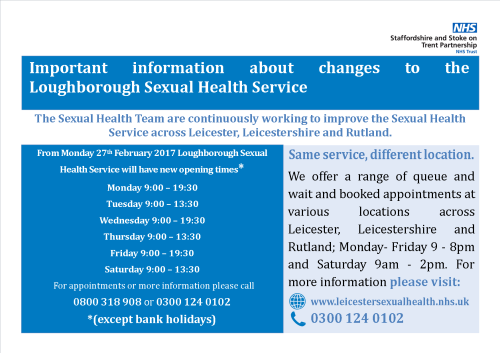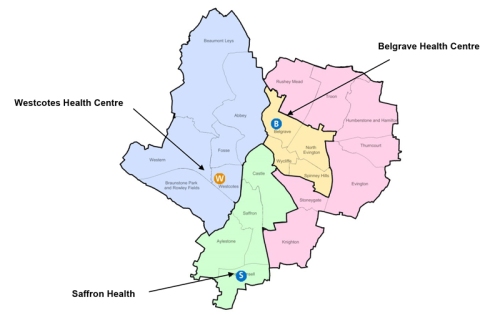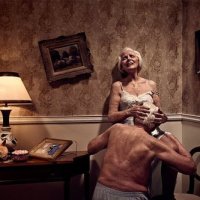“When I found out at 14 that I was HIV-positive, I didn’t think I would live to see 18, I am turning 22 this year.” Since Saidy Brown tweeted those words on Friday, thousands of people have re-shared her hopeful message, with many praising her courage for speaking publicly about her own experience with the virus.
Activist Saidy, who describes herself as an HIVictor in her Twitter bio, has been speaking to the BBC about the extraordinary reaction to her post, why it took so long for her to be diagnosed and the challenges of dating for someone who is HIV-positive.
Deciding to tweet
“I’ve always disclosed my status. I started disclosing it when I was 18. I usually use Facebook to talk to people about HIV and Aids,” she says.
“But I’ve been having this urgent feeling to post it on Twitter, so it wouldn’t be just limited to my Facebook friends. I needed the world to get into conversations about this virus.”
Getting a conversation going
“The response has been very great. I’ve had people who’ve come to me and told me their own stories. And I like that.
“I like sparking conversations about HIV. I don’t believe in treating it like it’s an unspoken subject. I want us to talk about it, because once we talk about it more, then we can de-stigmatise it.
“There are people who are naysayers, but I don’t even reply. I just leave them.
“When I was younger, I was so scared of how people would perceive me.
“But now I’ve grown and people’s opinions really don’t phase me. I think emotionally I’ve become stronger. When I get these comments and everything, they don’t really break me.”
Living with HIV
“I have not necessarily been discriminated against. I can say that I was discriminating against my own self, from around 14 until I was 18, because I didn’t want to talk about it. Only my family knew; no-one else. Once I reached 18 I decided to start disclosing. It’s been better and wiser.
“Where I come from [Itsoseng, a small town in South Africa’s North West Province], I’m the first person to ever come forward and talk openly this way about my status.
“But the response and the support is there because whether it’s me or someone else, the reality is that people are living with HIV, whether we talk about it or not.”
Finding out
“When I was 14, I went to a youth day event to represent my school. At the event there were people who do HIV tests, counselling and everything else.
“When we got there, they asked us if we would like to test. I was one of the people who got tested. That’s how I found out.
“I was shocked, I was in denial, I couldn’t believe it. I was only 14 at the time so I was like: ‘How? I’m only 14… I haven’t done anything. How?’
“But when I got home and told my aunt and she was the one who told me that no, I’d actually been born with it. My parents had died from Aids-related diseases, which I had never known.
“My mum passed away when I was 10, my dad when I was nine.”
Love life
“I’m in a relationship currently. It’s very amazing because usually I disclose right at the beginning of the relationship.
“So once the person decides that they want to stay with me then it’s all good, but if they decide to leave, it’s still fine.
“I won’t hate them because people still have their own issues regarding HIV. I don’t really blame the person who says: ‘No I can’t stay with you because you’re HIV-positive’.
I’ve had someone say that to me in the past. It hurt a lot. But after a while they came back and apologised. We’re on speaking terms now, it’s fine. I’ve forgiven them.”
Staying healthy
“I’m really not a person who is more conscious about what I eat, but I make sure that I take my pills at the right time every night. I don’t skip them.
Starting a family
Saidy says she also hopes to have a family one day and has been reading into preventative treatments to avoid the transmission of HIV to her partner or baby.
“I’m the daughter of mother-to-child transmission so I wouldn’t want to put my kids through it,” she says.
Thanks for reading, let us know what you think in the comments below, or you can find us on Facebook, Twitter or Instagram!







